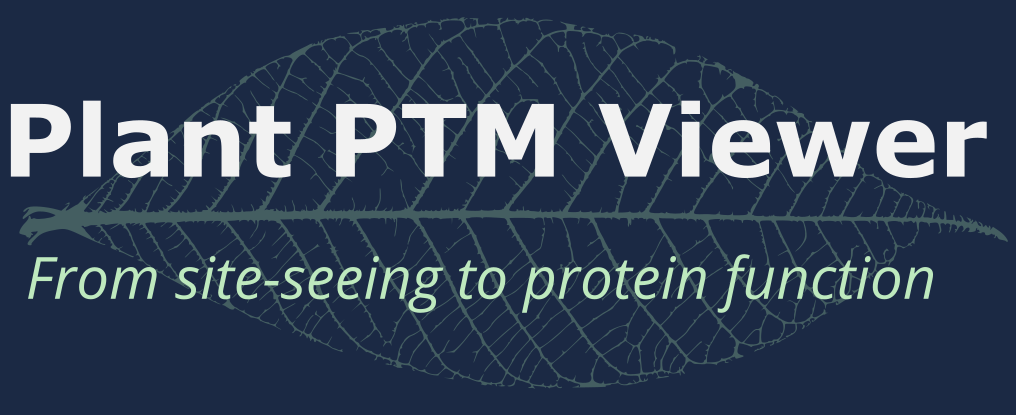Publication Information
Hoehenwarter et al., 2013
Abstract
Mol Cell Proteomics. 2013 Feb;12(2):369-80. doi: 10.1074/mcp.M112.020560. Epub
2012 Nov 20.
Identification of novel in vivo MAP kinase substrates in Arabidopsis thaliana
through use of tandem metal oxide affinity chromatography.
Hoehenwarter W(1), Thomas M, Nukarinen E, Egelhofer V, Röhrig H, Weckwerth W,
Conrath U, Beckers GJ.
Author information:
(1)Department Molecular Systems Biology, Faculty of Life Sciences, University of
Vienna, Althanstrasse 14, A-1090 Vienna, Austria.
Mitogen-activated protein kinase (MPK) cascades are important for eukaryotic
signal transduction. They convert extracellular stimuli (e.g. some hormones,
growth factors, cytokines, microbe- or damage-associated molecular patterns)
into intracellular responses while at the same time amplifying the transmitting
signal. By doing so, they ensure proper performance, and eventually survival, of
a given organism, for example in times of stress. MPK cascades function via
reversible phosphorylation of cascade components MEKKs, MEKs, and MPKs. In
plants the identity of most MPK substrates remained elusive until now. Here, we
provide a robust and powerful approach to identify and quantify, with high
selectivity, site-specific phosphorylation of MPK substrate candidates in the
model plant Arabidopsis thaliana. Our approach represents a two-step
chromatography combining phosphoprotein enrichment using Al(OH)(3)-based metal
oxide affinity chromatography, tryptic digest of enriched phosphoproteins, and
TiO(2)-based metal oxide affinity chromatography to enrich phosphopeptides from
complex protein samples. When applied to transgenic conditional gain-of-function
Arabidopsis plants supporting in planta activation of MPKs, the approach allows
direct measurement and quantification ex vivo of site-specific phosphorylation
of several reported and many yet unknown putative MPK substrates in just a
single experiment.
DOI: 10.1074/mcp.M112.020560
PMCID: PMC3567860
PMID: 23172892 [Indexed for MEDLINE]

